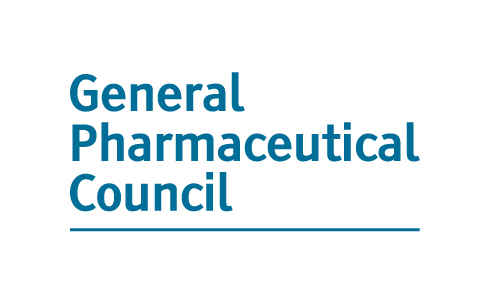Mental health for pharmacy professionals
)
Last month was Stress Awareness Month, and from 13-19 May is Mental Health Awareness Week. Given this, it seemed like an important time to revisit stress and wellbeing in community pharmacy.
The Royal Pharmaceutical Society's recent workforce wellbeing survey revealed alarming findings regarding pharmacists' mental health. The survey found that 86% of pharmacists are at high risk of burnout, a concerning trend consistent since 2020. Particularly troubling is the breakdown by sector, with 93% of community pharmacists, and 86% in general practice at risk of burnout.
Equally troubling are the persistent root causes of poor mental health identified in the survey. These include inadequate staffing (69%), lack of work-life balance (52%), insufficient protected learning time (50%), long working hours (42%), and insufficient colleague or senior support (46%).
Acknowledging the RPS survey's limitations – not least that there are no pharmacy technicians represented in the sample of 1 273 respondents, these consistent issues raise concerns about the lack of effective interventions at both systemic and local levels to improve pharmacy professionals’ wellbeing and reduce burnout rates. While urgent action is needed to address these challenges and create a supportive environment for pharmacy professionals to thrive in their profession, there are actions you can undertake for yourself to manage stress.
Firstly, the act of taking control of the situation and devising personalised solutions can instill a sense of empowerment. Prioritising tasks and managing time efficiently can help alleviate feelings of overwhelm. Breaking down problems into smaller, manageable chunks and devising action plans can also help – additionally, consider what tasks you and only you can do, and what could be delegated (up or down).
Engaging in regular physical activity, such as exercise, can reduce emotional intensity and promote a sense of well-being by dispelling stress hormones. Additionally, connecting with others for support and carving out 'me time' for relaxation and enjoyable activities are crucial for maintaining positive mental health.
In the workplace, strategies like setting boundaries, maintaining work-life balance, and addressing issues with management are essential. Avoiding unhealthy coping mechanisms like excessive alcohol or caffeine consumption is important, as is fostering a positive outlook on life through gratitude practices and self-reflection.
Finally, keeping a stress diary can help identify stress triggers and coping mechanisms.
Crucially, if self-help techniques do not have an impact, do not hesitate to seek professional help.
For more guidance, you can access Pharmacist Support or NHS Choices.


)
)
)
)
)
)
)
)
)
)
)
)
)
)
)

.png/fit-in/500x500/filters:no_upscale())
)
)
)
)
)
)
)
)
)
)
)
)
)
)
)
)
)
)
)
.png/fit-in/1280x9999/filters:no_upscale())
)
)
)
)
)
)
)


